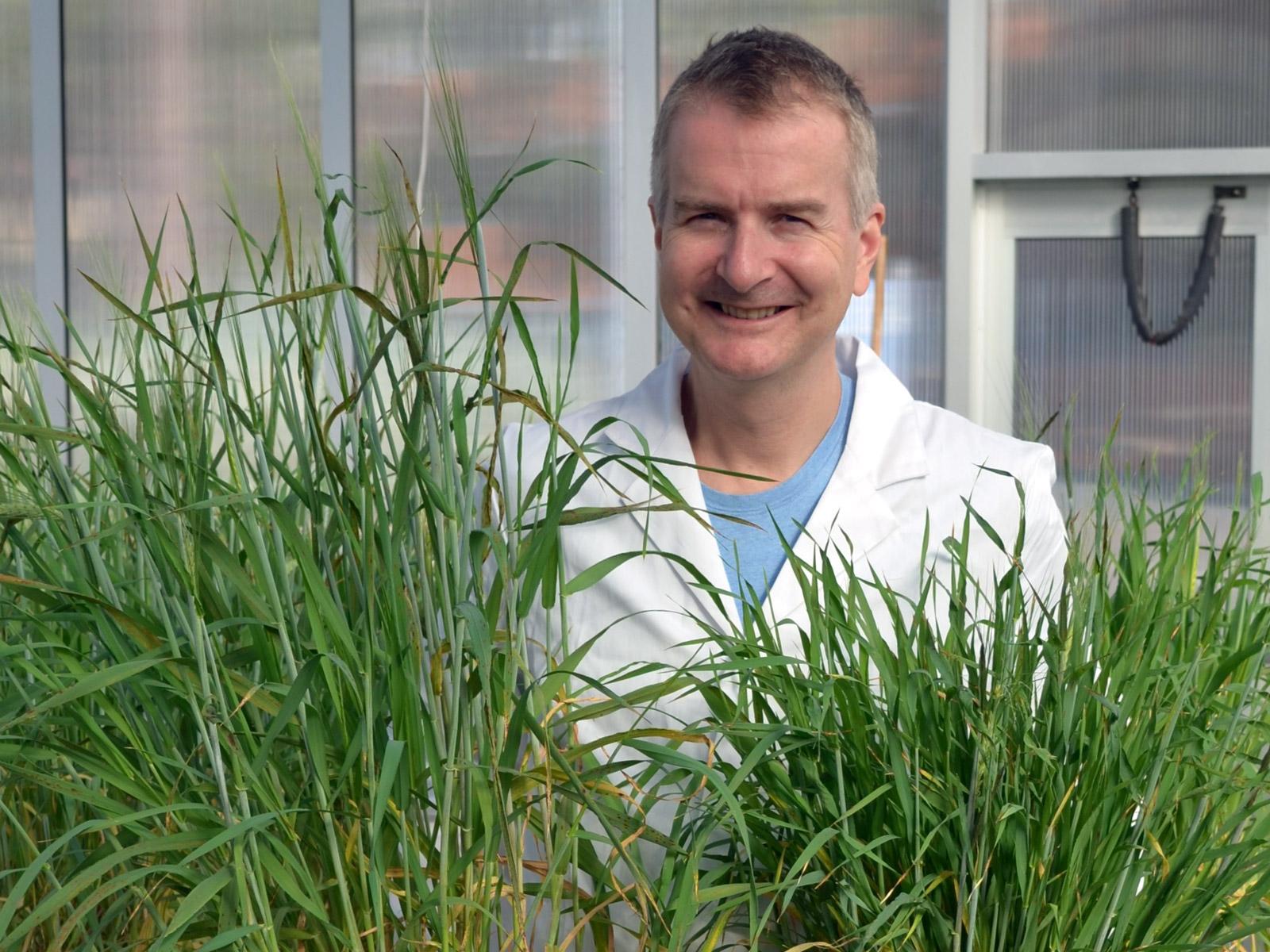Advanced research in plant hormones
Plant scientists have student research opportunities that aim to unlock new ways to make plants more resilient.
This project focuses on making fundamental discoveries about how strigolactones act to alter the growth of plant root cells or applying the latest knowledge of strigolactones to crops.
Plant hormones are fundamental in the formation, growth, survival and productivity of plants.
In recent years we have discovered that strigolactones control many important attributes of plants; including shoot branching, root architecture and plant-fungi symbiosis, and helping plants cope with poor growth conditions, such as low nutrients, shading, cold, drought and salinity, and attack from pathogens or parasitic weeds.

One important way that strigolactones act is by inhibiting auxin transporters. However, the cellular mechanism for this not yet known.
This project will help discover the action of strigolactones in plant roots, or apply strigolactone knowledge to crops, through cutting-edged technologies in molecular and cellular biology, molecular physiology or genome editing.
This research will unlock brand new ways to make plants more resilient. The transfer and application of that knowledge to agricultural and horticultural industries will be important for Australia and countries with similar climatic situations.
Depending on the project and your interests, the techniques and skills learnt include:
- Plant tissue culture, micromanipulation, cloning, genome editing, plant protein tagging.
- Plant immunohistochemistry – auxin and strigolactone-related protein detection.
- Laser scanning confocal and epifluorescence microscopy - visualising proteins in cells.
- Plant phenotype analysis, image data analysis, molecular biology, genetic or phylogenetic data analysis.
- RNA, DNA preparation, real-time-qPCR - strigolactone cell specific gene expression.
- Critical analysis of research data, and scientific methodology and communication.

Supervisor
Research area: School of Agriculture Food & Wine, Plant Research Centre, Waite Research Institute
Recommended honours enrolment: Honours in Plant Science
